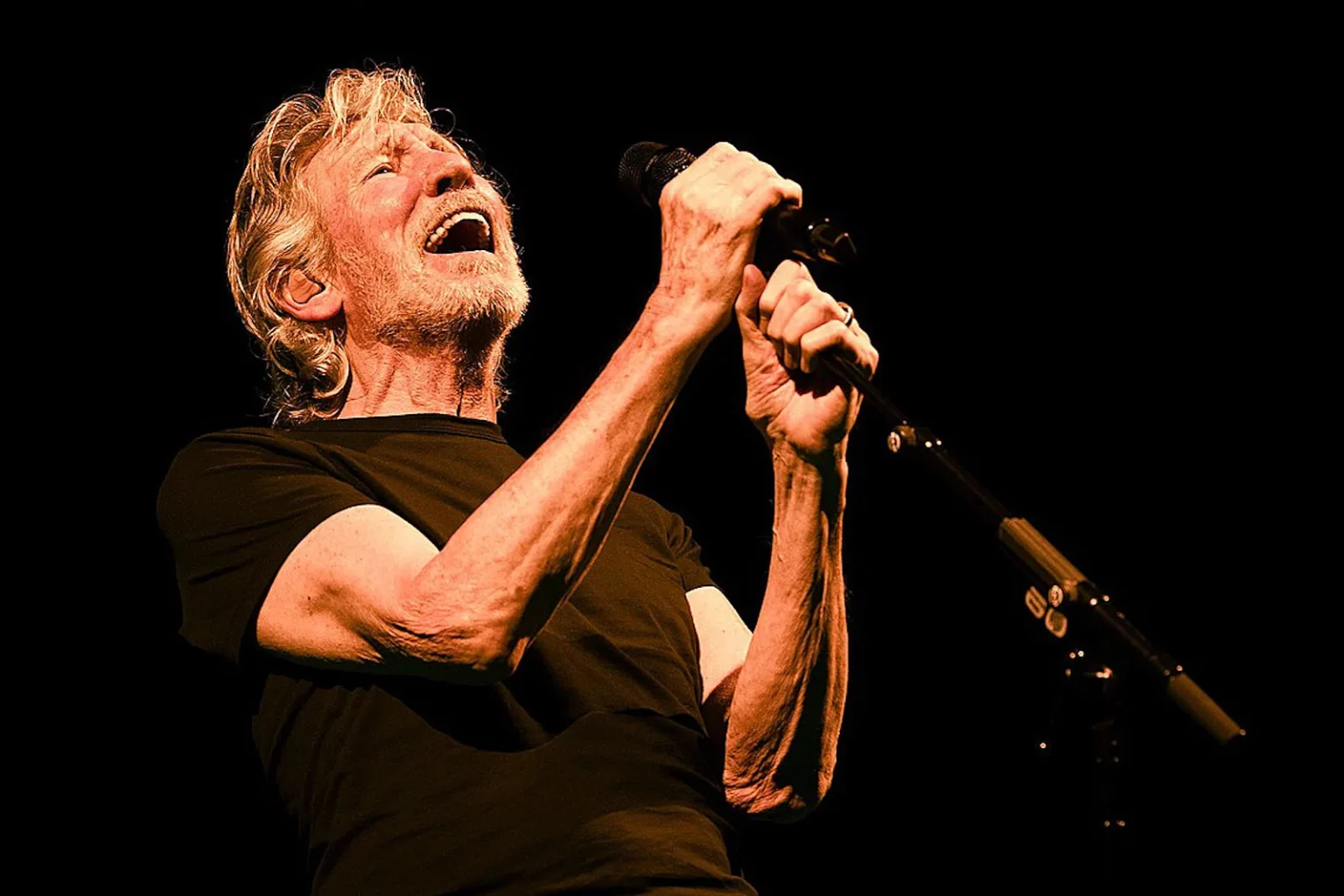Roger Waters, the renowned musician, found himself at the center of a heated debate as his upcoming concert in Frankfurt faced opposition from Jewish organizations, politicians, and civil society groups. Despite allegations of antisemitism, Waters firmly denied the accusations.
The Frankfurt authorities initially sought to block the concert at Festhalle City, but Waters challenged their decision in a local court, ultimately securing approval for the event to proceed.
However, protestors strongly objected to the concert, citing the historical context of the city’s past injustices towards Jews. In November 1938, thousands of Jews were deported to concentration camps by the Nazis, and the protestors argued that holding the concert in such a setting was inappropriate.
Sacha Stawski, the organizer of the protest, expressed frustration over the decision to allow the concert to take place. Elio Adler, the chief of the Jewish group Werte Initiative, also voiced concern, claiming that Waters’ words and imagery spread hatred towards Jews and contributed to the normalization of Israel’s hatred under the guise of freedom of speech or art.
Waters has faced previous criticism for alleged displays of Nazi symbols and controversial remarks about Holocaust victim Anne Frank.
Despite the controversy and opposition surrounding the concert, Waters’ Frankfurt performance proceeded as planned, leaving the community divided and highlighting the complex intersection of freedom of expression, historical sensitivities, and differing interpretations of artistic expression.




